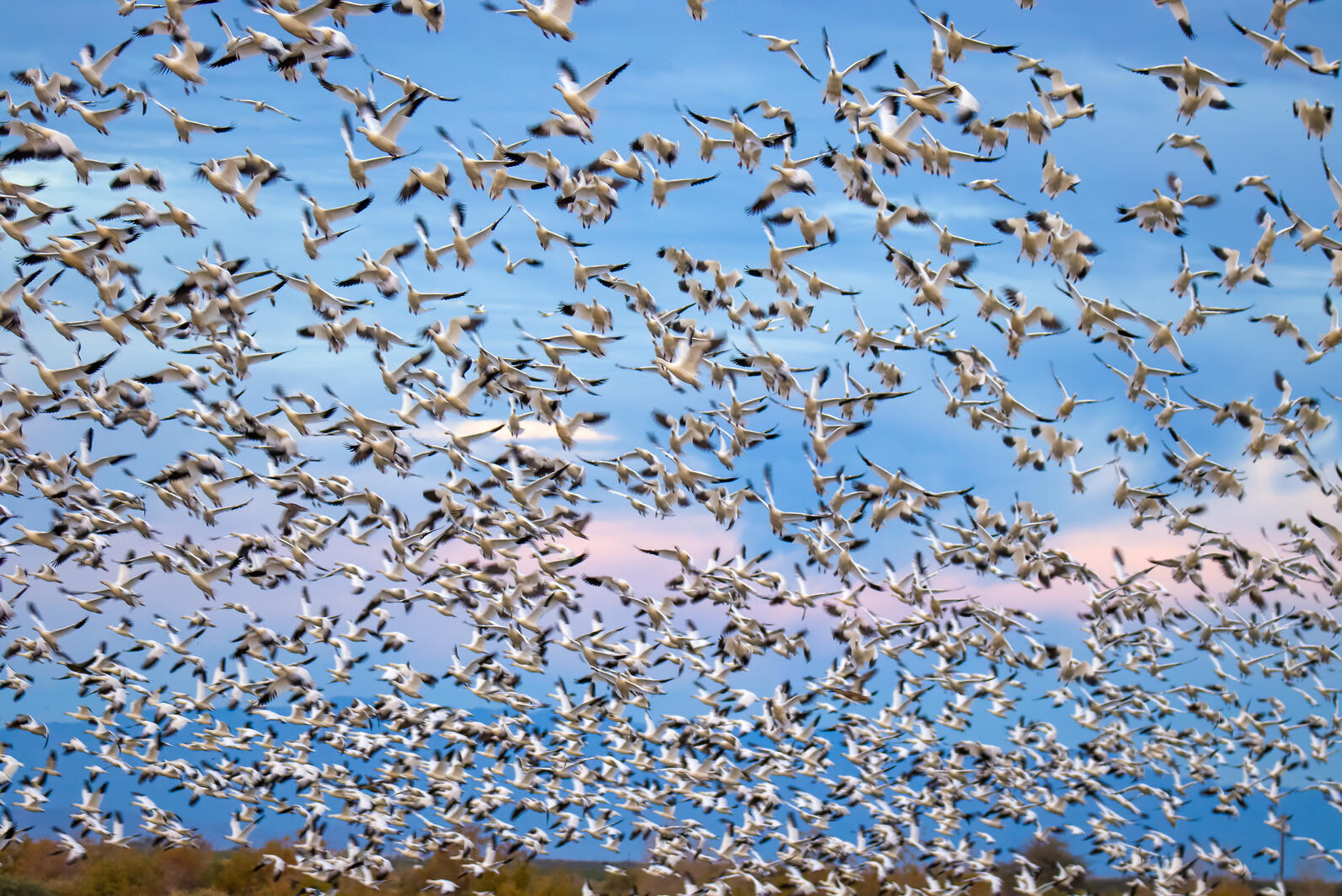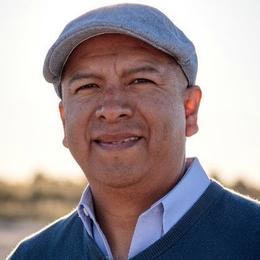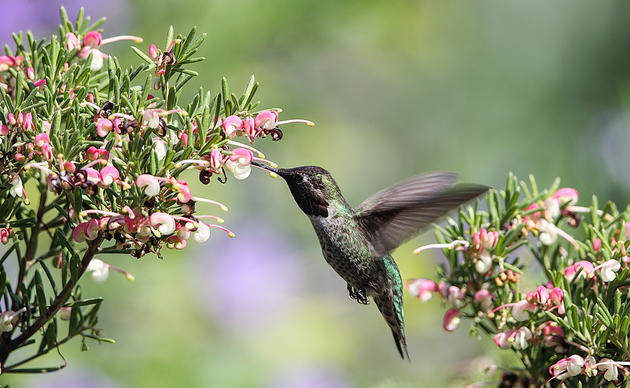
More than 200 well-masked researchers, activists, public officials and community members gathered April 6-7 for the first post-pandemic, in person Salton Sea Summit. The Summit was organized by UC Riverside and Pacific Institute, and brings together experts from a variety of fields to collaborate on the crisis at the Salton Sea. Panelists covered hydrology, avian science, public health and others – including lithium extraction.
As a member of the Salton Sea Partnership, together with Pacific Institute, Alianza, Sierra Club and Leadership Counsel, Audubon was invited to present the status of the Sea’s avian life. Changes in climate and water use are affecting the many species that have historically relied on the surrounding habitats—especially piscivorous birds such as the American White Pelican, Brown Pelican, and cormorants. In addition, Audubon’s Andrea Jones and I discussed the status of our Bombay Beach Restoration Project, which aims to demonstrate the most optimal and multi-benefit use of water in a drought-stricken region. The project aims to provide an array of benefits such as habitat enhancement, dust suppression, carbon sequestration, academic research, public access, and recreation opportunities
The numerous topics presented generated much attention, but proposed lithium recovery opportunities at the south end of the Sea stole the show. Can the industry in this region provide all the lithium needed for the new era of electric vehicles in a sustainable and environmentally friendly manner? Can the lithium industry provide a direct benefit to the Salton Sea, much-needed jobs, and other community benefits? The question is still debatable.
KESQ's Jake Ingrassia covered the summit and filed this report:

By Frank Ruiz
Monthly Giving
Our monthly giving program offers the peace of mind that you’re doing your part every day.




